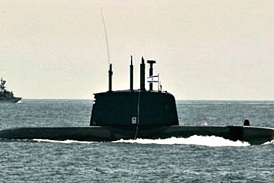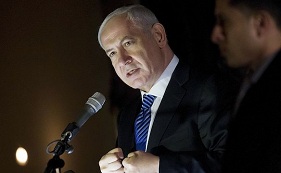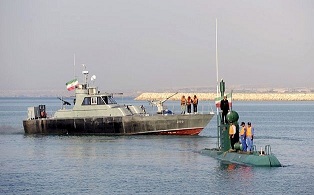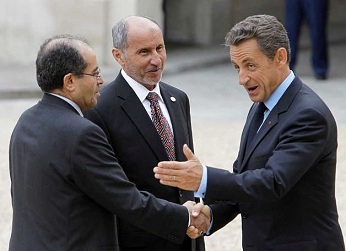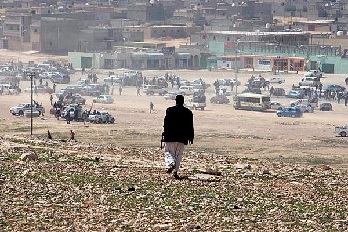Obama hardens threat of war against Iran
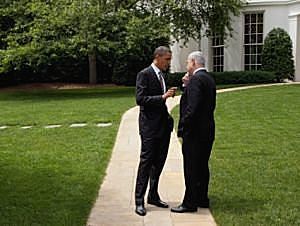
His Master's Voice: Obama getting his marching orders...
Whatever the exact outcome of today’s haggling between Obama and Netanyahu, it has the character of two gangsters plotting the details of their next crime.
In his most explicit threat against Iran to date, US President Obama declared yesterday that he would “not hesitate to use force” to prevent Iran from building nuclear weapons. The speech was pitched not just to his immediate audience—the pro-Israeli American Israel Public Affairs Committee (AIPAC)—but to Israeli Prime Minister Benjamin Netanyahu, who he meets today.
Obama spelled out the meaning of his oft-repeated phrase that “all options are on the table” in relation to Iran. “That includes all elements of American power,” he said, “a political effort aimed at isolating Iran, a diplomatic effort to sustain our coalition and ensure that the Iranian program is monitored, an economic effort that imposes crippling sanctions and, yes, a military effort to be prepared for any contingency.”
Obama’s only note of caution was against “too much loose talk of war”, as he urged Israel to allow time for punitive sanctions to force Tehran into negotiations. However, he also left no doubt that the US was prepared to attack Iran. Citing US President Theodore Roosevelt’s maxim “speak softly and carry a big stick,” Obama added menacingly: “Rest assured that the Iranian government will know of our resolve.”


























